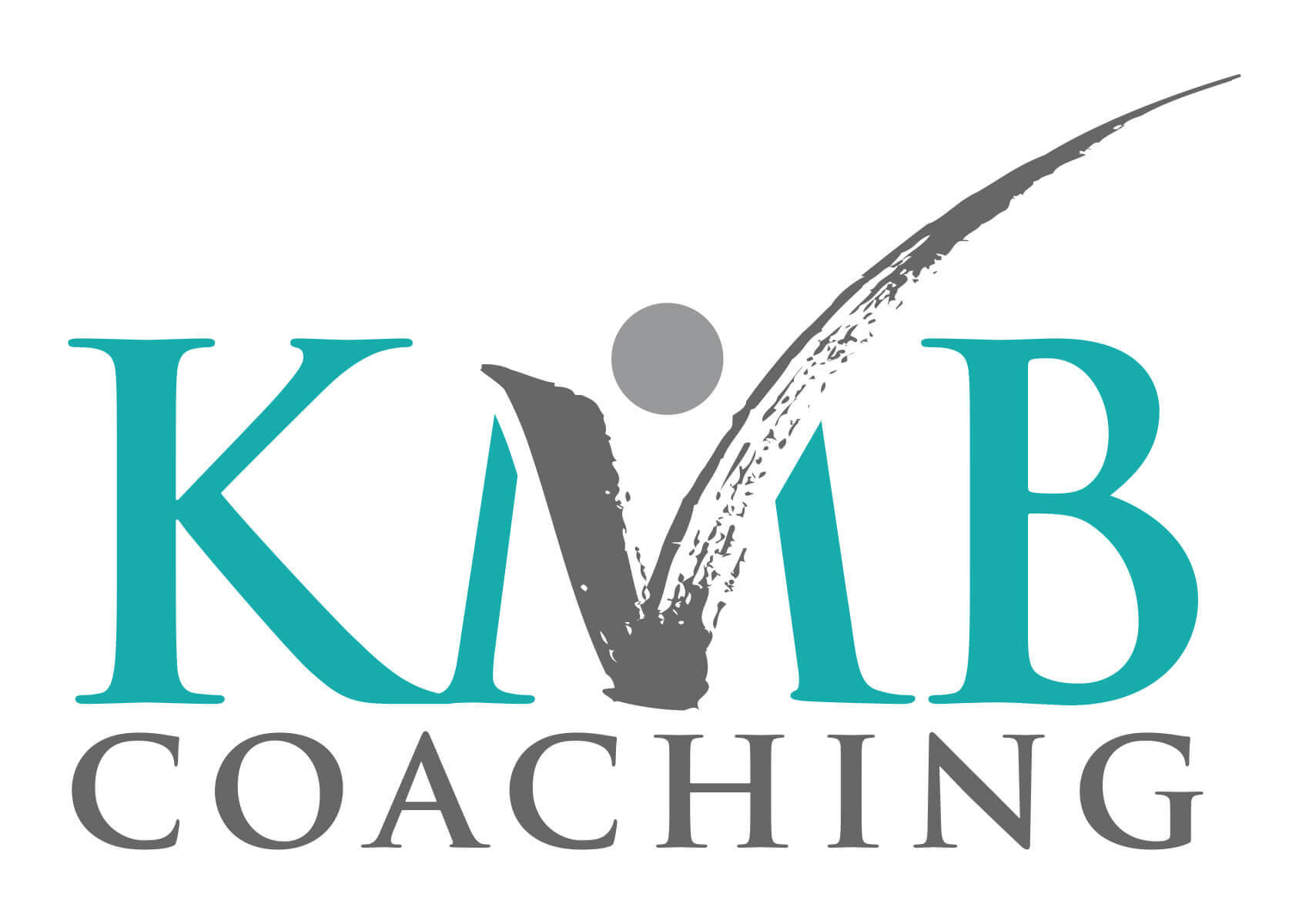How are you supposed to know the difference between different professionals? There are coaches, mentors and counsellors. What’s the difference and what might be best for you?
(And when I say zoo, I’m including myself in there!)
Maybe you’ve decided you want to create some change or get some help in a particular area and you then start to look up different services and become confused.
It’s really hard to get started taking action to solve this problem for yourself if you don’t even know where to begin! So let me shed some light on what the differences are between coaching; mentoring; and counselling vs psychotherapy, and some ways to know what might be a good fit for you.
Coaching:
In my opinion, this summary below is a terrific definition of coaching.
“Coaching is a professional relationship that helps people produce extraordinary results in their lives, careers, businesses or organizations, helping them to bridge the gap between where they are now and where they want to be.
Coaches partner with their clients to design the life they want, bring out their clients’ own brilliance and resources so that they can achieve excellence and create purposeful, extraordinary lives.
By creating clarity, coaching moves the client into action, accelerating their progress by providing greater focus and awareness of all the possibilities which exist to create fulfilling lives”.
– The Institute for Life Coach Training
Pretty cool definition huh?! Or is that just me, geeking out over this stuff 😂
The coach utilises the power of questioning to assist the client to tap into subconscious thoughts or patterns of behaviour that they are unaware of.
Having said this, there are a huge range of different types of coaches. And then also a vast set of differences between one coach and the next.
There are mindset coaches (yours truly); business coaches; life coaches; energy, transformational and executive coaches. We also have health coaches; career coaches; spiritual coaches and parenting coaches! And that’s not even an extensive list.
Now I know for sure that not all people who call themselves a ‘coach’ are necessarily coaching as per the definition above. So one of the first things to do is to:
- Work out what kind of coach you think you want eg mindset, business, executive
- Then check out their content – read their blogs; stalk them on socials (y’know what I mean – nicely!); watch their videos so you get a sense of their style and what kind of information they share and if that matches what you’re looking for. If possible get a recommendation from someone you trust.
- Get a taster – buy their book, or if possible sign up for an online or face to face workshop, event, or webinar. These are (usually) low cost and low risk, so you get to see if you like what they share; determine if you can get along with them (if they drive you nuts it won’t work!) and see what value you get from their content
- Coaching is not a regulated industry, so you need to do your homework. Coaches often charge a monthly retainer and these vary greatly and do not attract a Medicare rebate.
Mentor:
The Oxford definition of a Mentor is:
“An experienced person who advises and helps somebody with less experience over a period of time”
– Oxford Advanced Learner’s Dictionary
I call myself a coach and mentor with my 1:1 clients, because there will be elements of both in my work with them. The mentoring aspect is usually related to helping them to solve a problem that I have solved for myself. Given that I mostly work with small business owners, this could relate to productivity tools; structures and systems or self care practices. It’s the more practical assistance that may help them to move forwards which supplements the coaching work.
Psychotherapy & Counselling:
“Counselling generally refers to short-term consultation while psychotherapy typically refers to longer-term treatment. Counselling typically deals with present issues that are easily resolved on the conscious level whereas psychotherapy intensively and extensively examines a person’s psychological history”.
– Australia Counselling
In addition, a clinical psychologist (and a psychiatrist) can diagnose a mental health condition, whereas counsellors and coaches cannot.
I frequently work with high functioning individuals (women in business) who are either currently having or have previously had counselling or psychotherapy (as well as many who do not). If they are still engaged with a psychologist, it’s important to get their consent for coaching to commence.
You can make an appointment with your GP to consider a Mental Health Treatment Plan. This enables individuals to access a series of sessions with a range of mental health care professionals. There are options for Medicare Rebates and private health insurance extras cover as part of this. But I don’t work in that space at all any more – not since my Occupational Therapy days! – so you need to check that information out for yourself here). Coaching is not included in this.
I may recommend someone see a psychologist instead of me if:
- they have significantly reduced function as a result of their condition (often depression + / – significant anxiety) eg agoraphobic; clinically depressed; unable to work etc
- they are unable to afford coaching, usually as a result of the above
- they require a diagnosis
For over 20 years, I’ve been asking this question to clients:
‘Is it working for you?’
- If you have been working with anyone from the above categories
- And you are not getting the results you’re looking for
- Then I would suggest you consider trying someone else
I frequently speak with prospective clients who have been working with a psychologist / counsellor for a couple of years. When I ask if they have the results they were looking for, they tell me they don’t. (I obviously don’t speak with the ones that have been extremely happy and have the results they were looking for. I understand this is skewed information and is in no way disparaging of any professionals).
But if it’s not working, change it, as long as you’ve given it a decent go. If you haven’t done the work, then that’s different! Either do the work or stop kidding yourself that you’re going to!
But if you’ve spent a significant amount of time, energy and money on something that isn’t giving you results? In my opinion, that’s not ok, and it’s time to work with someone who will help you to make it happen.
If you’d like to discuss your unique situation and how I might be able to help, feel free to set up a complimentary Clarity Session which is obligation free.
Kylie x
Tags: Counselling Mental health Mentor













